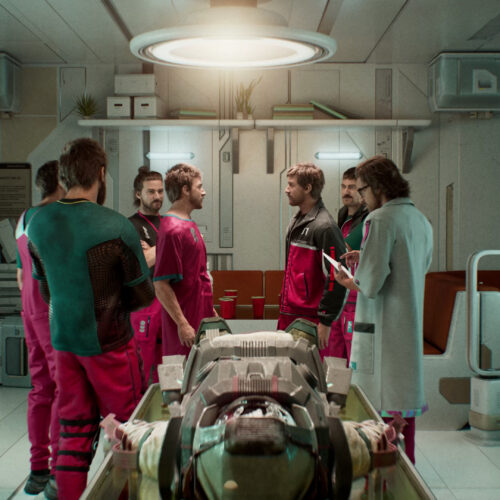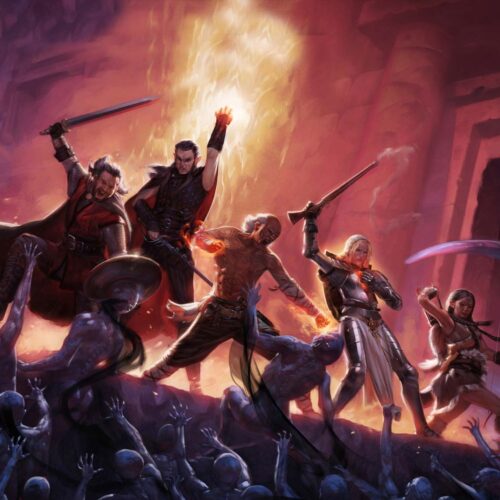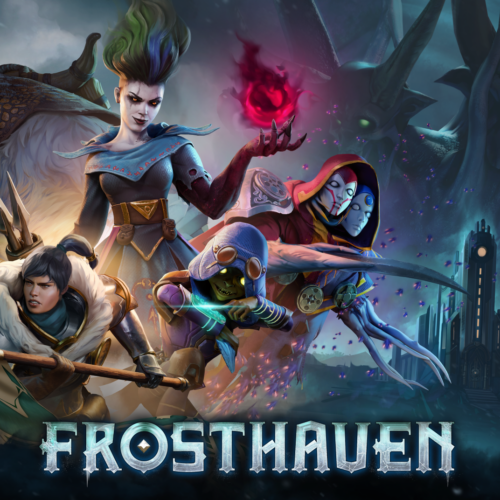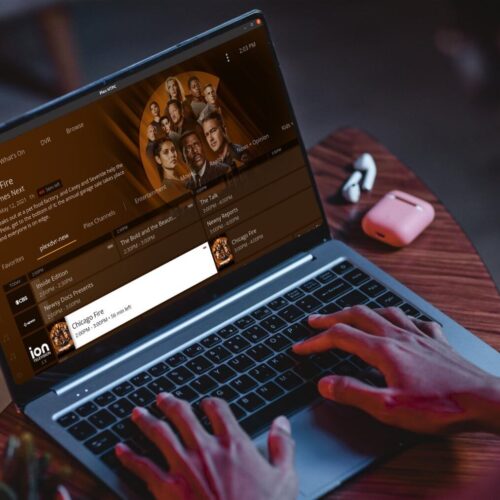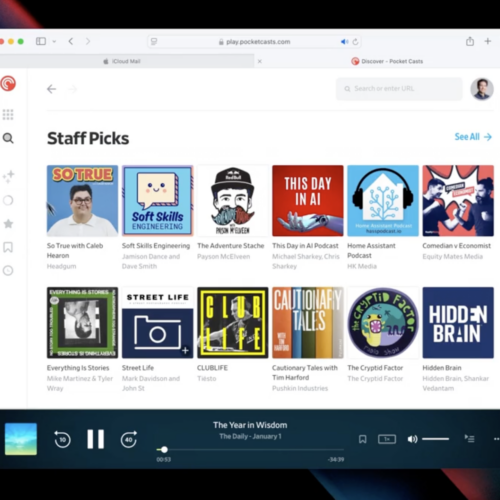CVE, global source of cybersecurity info, was hours from being cut by DHS
The Common Vulnerability and Exposures, or CVE, repository holds the answers to some of information security's most vital questions. Namely, which security issue are we talking about, exactly, and how does it work?
The 25-year-old CVE program, an essential part of global cybersecurity, is cited in nearly any discussion or response to a computer security issue, including Ars posts. CVE was at real risk of closure after its contract was set to expire on April 16. The nonprofit MITRE runs CVE and related programs (like Common Weakness Enumeration, or CWE) on a contract with the US Department of Homeland Security (DHS). A letter to CVE board members sent Tuesday by Yosry Barsoum, vice president of MITRE, gave notice of the potential halt to operations.
"If a break in service were to occur, we anticipate multiple impacts to CVE, including deterioration of national vulnerability databases and advisories, tool vendors, incident response operations, and all manner of critical infrastructure," Barsoum wrote.


© Getty Images



